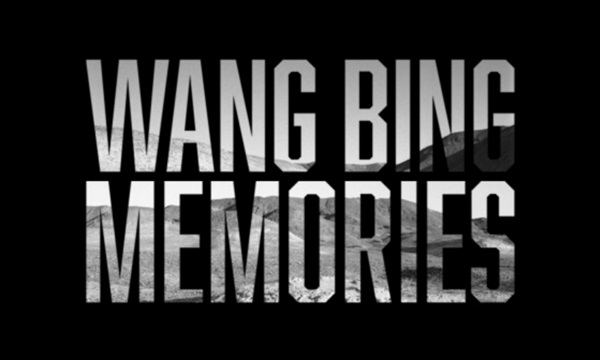
The Chinese filmmaker Wang Bing will hold his very first exhibition in Luxembourg from Friday 9 February to Thursday 14 April 2024 at the Ratskeller, Cercle Cité on Place d'Armes in Luxembourg City.
Wang Bing’s work connects memory with history, retracing personal memories of the anti-rightist campaign or the cultural revolution in China in the 20th century.
This collective memory is expressed through three individual stories and four films, selected in close collaboration with the artist. The exhibition, consistent with Wang Bing's modus operandi, adopts a minimalist approach by showing concise excerpts of his work on a mono screen, to allow the audience to experience and engage with the powerful, concentrated and extensive content of the work.
In Wang Bing's work, memory is expressed through the individual memory of a collective past, through personal encounters with his subjects. When individual destinies evoke the destiny of millions of people, the personal becomes political, the individual becomes societal.
In Mrs. Fang, Wang Bing transgresses the limits of cinema by filming the last ten days of Fang Xiuying, a former agricultural worker suffering from Alzheimer's. Eyes wide open, unable to speak, eat, move, communicate or set limits, the woman dies in pain, surrounded by her family and neighbours who drink, eat, play, go out fishing or smoke, until the event of death causes silence.
Wang Xilin reveals the extremely painful marks that Mao Zedong's cultural revolution left on his body, mind and soul. During his life, he transcribed his memories of prison, torture, death, dehumanisation, agony and persecution in his symphonies, which made him one of the most important modern Chinese composers. Man in Black is a one-on-one biographical encounter with the stripped-down composer in the historic setting of the Théâtre des Bouffes du Nord in Paris.
In Fengming, Chronicle of a Chinese Woman, the horrors of China's recent history are revealed to the audience through the heartbreaking story of an elderly lady's life in the People's Republic of China, confessed in a monologue for more than three hours. She talks about her commitment and her hope as a young communist journalist, the anti-rightist campaign, silence, humiliation, suicidal thoughts, imminent hunger and the fight against death in the re-education camps by work, especially in Jiabiangou, where she lost her husband.
In July 2005, Wang Bing travelled to the Gobi Desert with a 35mm camera in hand. He walks briskly through the fields that were once the infamous Jiabiangou anti-rightist re-education camp, where several thousand deportees died of starvation. This results in the film Traces - traces of human life - quilts, blankets, bones, traces of work, life and death of the occupants, vestiges of an abandoned past.
Wang Bing was born in Xi'an, China in 1967. He studied at the Lu Xun Academy of Fine Arts and then at the Beijing Film Academy (BFA). He lives and works between France and China.
The opening will take place on Thursday 8 February at 18:00. The entry is free and no registration is required. Guided tours in English will be available on a few Saturdays, namely on 17 February, 9 and 30 March 2024 at 15:00.








